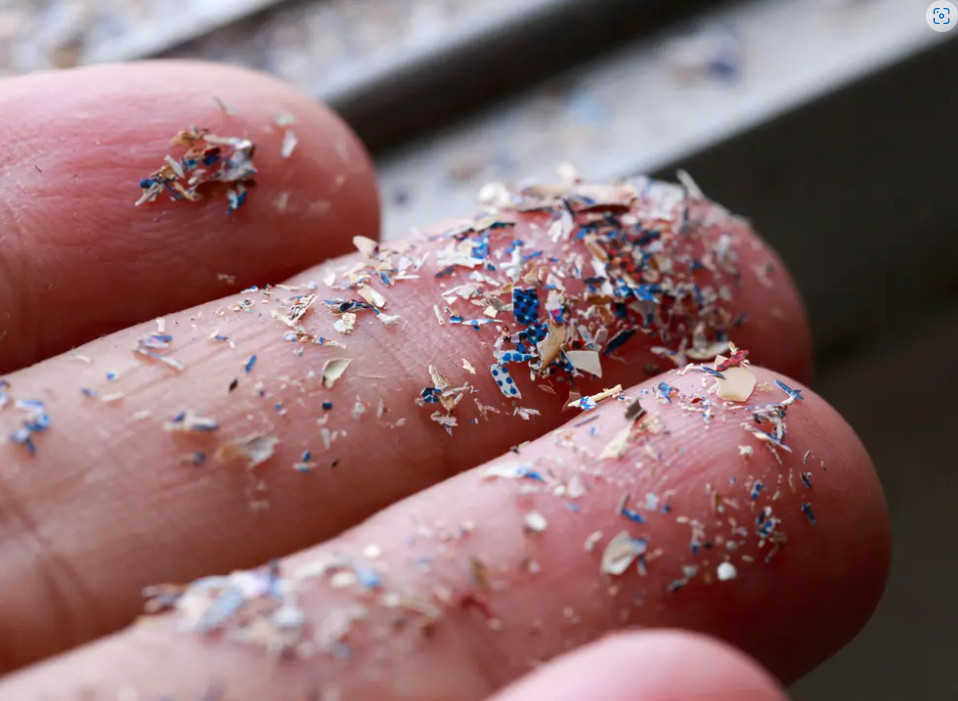Microplastics are so small that they could potentially be ingested by someone swimming,’ says the lead researcher

Viruses can survive and remain infectious by “hitch-hiking” on microplastics in freshwater, scientists have found, raising concern about the impact on human health.
Researchers from the University of Stirling found that rotavirus, which causes diarrhoea and an upset stomach, could survive for up to three days in lake water by binding itself to the surfaces of microplastics.
“Microplastics are so small that they could potentially be ingested by someone swimming,” said Professor Richard Quilliam, lead researcher on the project. “Sometimes they wash up on the beach as lentil-sized, brightly coloured pellets called nurdles that children might pick up and put in their mouths.
“It doesn’t take many virus particles to make you sick,” he added.
The study published in the journal Environmental Pollution was the first to explore the issue in nature, with previous research focusing on the spread of viruses in sterile hospital settings.
It is part of a larger project called the Plastic Vector project, funded by the Natural Environment Research Council, which is investigating how plastics in the environment can help transport bacteria and viruses, and the impact that may have on human health.
Even if a wastewater treatment plant is doing all it can to clean sewage waste, the water discharged still has microplastics in it that are then transported down river into an estuary and end up on the beach, Prof Quilliam said.
Some viruses can also release themselves from the plastic into the water or sand meaning their persistence in the environment is increased, he added.
The scientists also only tested how long pathogens can survive on microplastics for up to three days, meaning it’s possible they could last longer….Readmore
